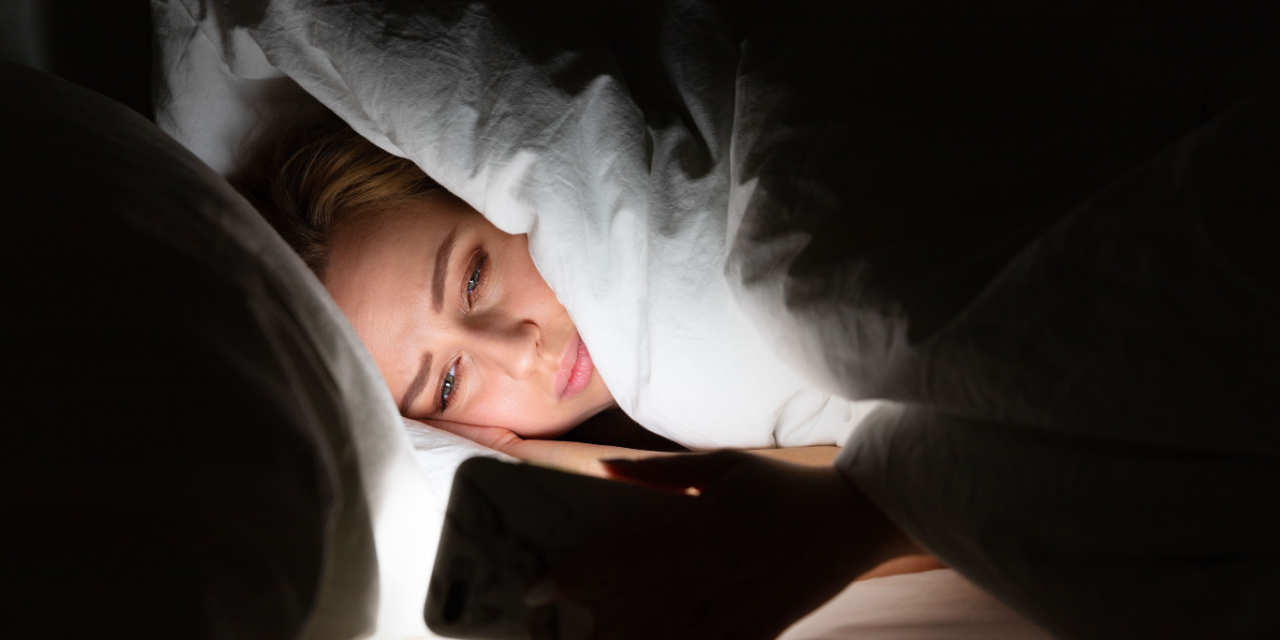Screen Time in Bed and Sleep Quality: What You Need to Know
A recent study has found that people who spend more time looking at screens in bed are more likely to experience insomnia and sleep disturbances. Conducted in Norway, the research surveyed over 45,000 students, revealing a strong correlation between screen use before sleep and reduced sleep quality.
How Screen Time Affects Sleep Patterns
According to the study, each additional hour of screen exposure in bed was linked to a 63% increase in insomnia risk and 24 minutes less sleep per night. While this data highlights a strong association, researchers emphasize that the study does not prove that screen use directly causes sleep loss.
Dr. Gunnhild Johnsen Hjetland from the Norwegian Institute of Public Health, the study’s lead author, explained that the type of screen activity did not significantly influence sleep disruption. Instead, the overall duration of screen exposure appeared to be the key factor.
Social Media vs. Other Screen Activities
The study examined how different types of screen engagement affected sleep. Participants reported engaging in various digital activities before bed, including:
-
Watching films or TV
-
Checking social media
-
Browsing the internet
-
Gaming
Among those who admitted to using screens in bed, 69% engaged with social media alongside other screen-based activities. However, the research found no notable difference between the impact of social media and other screen activities on sleep quality.
Identifying Sleep Disturbances
Participants were asked to report how frequently they had trouble falling or staying asleep, waking up early, or feeling excessively tired. Those who experienced such issues at least three nights or days per week for three months or more were classified as having insomnia.
The study results indicated that bedtime screen use was associated with sleep difficulties. However, researchers caution that correlation does not necessarily imply causation. Other factors, such as stress, lifestyle choices, and pre-existing sleep conditions, may also contribute to sleep disturbances.
How to Improve Sleep Quality
Sleep experts suggest several strategies to mitigate the negative effects of screen exposure before bed:
-
Establish a bedtime routine: Going to sleep at the same time every night, including weekends, can help regulate your body’s internal clock.
-
Limit screen time before bed: Avoid using screens at least 30–60 minutes before sleeping.
-
Engage in relaxing activities: Reading a book, meditating, or practicing deep breathing exercises can help signal the body that it’s time to sleep.
-
Reduce blue light exposure: If screen use is necessary, consider using blue light filters or night mode settings on devices.
The findings highlight the importance of mindful screen use in promoting better sleep. While the study does not confirm a direct cause-and-effect relationship, it underscores the need to establish healthier nighttime habits. Prioritizing sleep over late-night screen scrolling could lead to improved rest and overall well-being.















